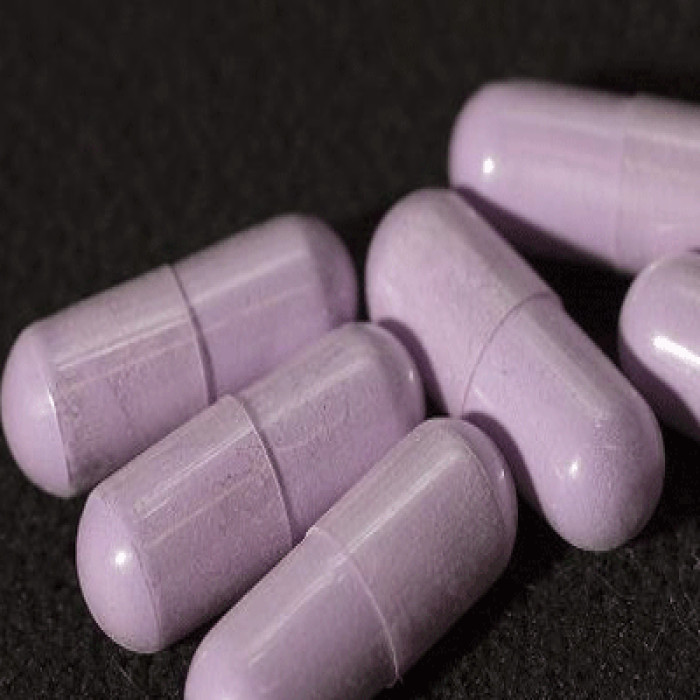
LSD (Lysergic Acid Diethylamide)
LSD is a powerful hallucinogenic drug that was first synthesized in the 1930s by Swiss chemist Albert Hofmann. It is a semi-synthetic substance derived from a type of fungus that grows on rye and other grains.
Pharmacology
LSD works by altering the perception and thought processes of the user. It is believed to do this by interfering with the way that serotonin, a neurotransmitter in the brain, is metabolized and affecting the communication between brain cells. The effects of LSD are typically felt within 30 to 90 minutes of ingesting the drug and can last for up to 12 hours.
Effects
The effects of LSD can be highly unpredictable and vary greatly from person to person. Common effects include vivid hallucinations, altered perceptions of time and space, and changes in mood and thinking. The drug can also cause feelings of anxiety, paranoia, and depression.
Dosage
The potency of LSD can vary greatly, and even small differences in dose can result in significant differences in effects. A typical dose of LSD is around 100 micrograms, which is equivalent to a few drops of liquid or a tiny square of blotter paper.
Use as Research Chemical
In the 1950s and 1960s, LSD was extensively studied as a potential treatment for various psychiatric conditions, including schizophrenia and depression. However, due to the unpredictable and sometimes dangerous effects of the drug, research into its therapeutic use was largely abandoned.
In recent years, there has been renewed interest in LSD as a research chemical, and a growing body of evidence suggests that it may have therapeutic potential for a number of conditions, including depression, anxiety, and addiction.
In clinical studies, LSD has been administered in controlled settings under the supervision of medical professionals, and has been shown to be safe and well-tolerated in many patients. However, more research is needed to fully understand its effects and determine the best way to use it as a treatment.
It is important to note that LSD should not be used outside of a clinical setting and should never be used recreationally or without the guidance of a medical professional. The unpredictable and potentially dangerous effects of the drug make it a serious risk to personal health and safety.


